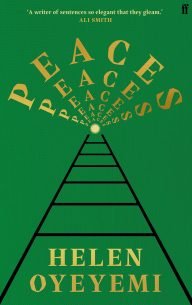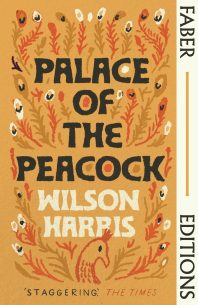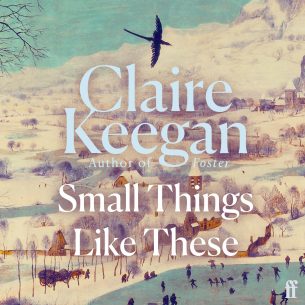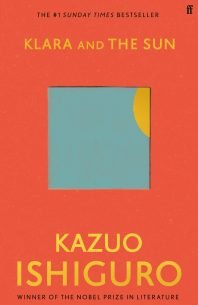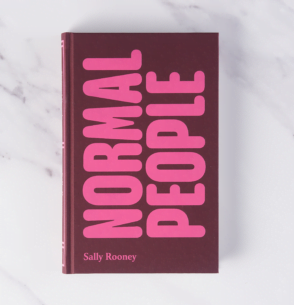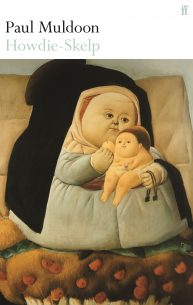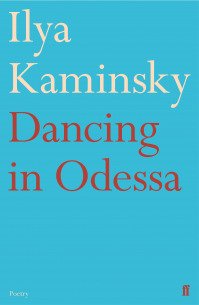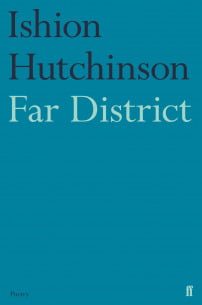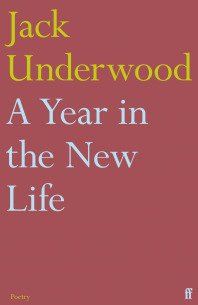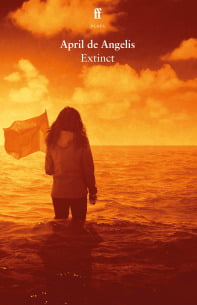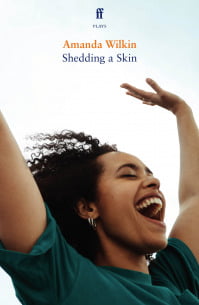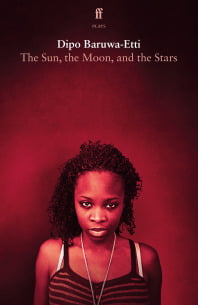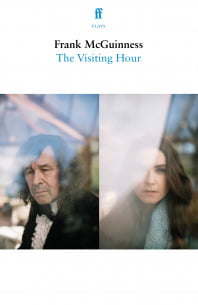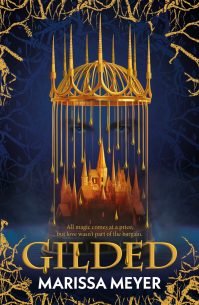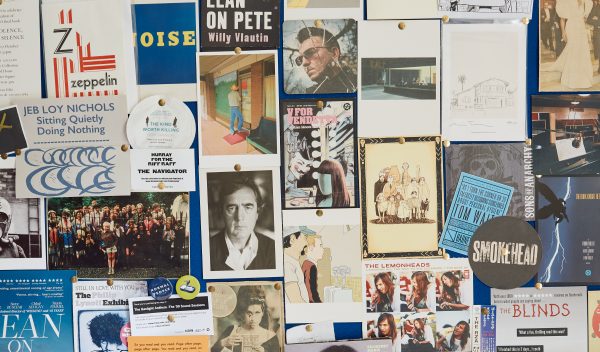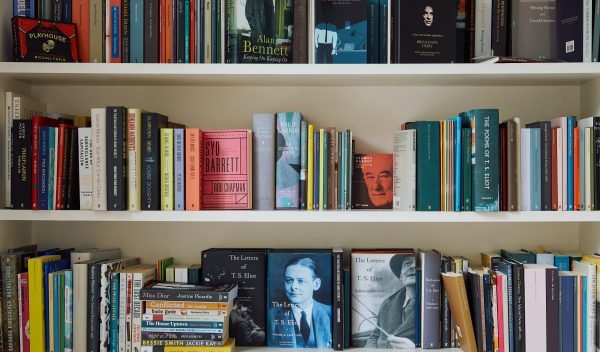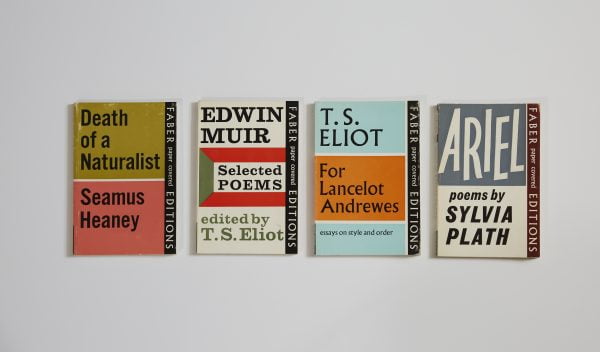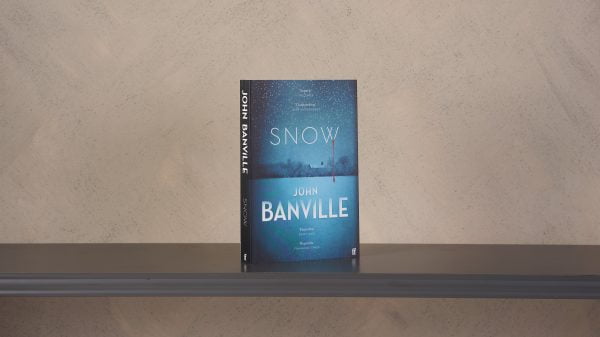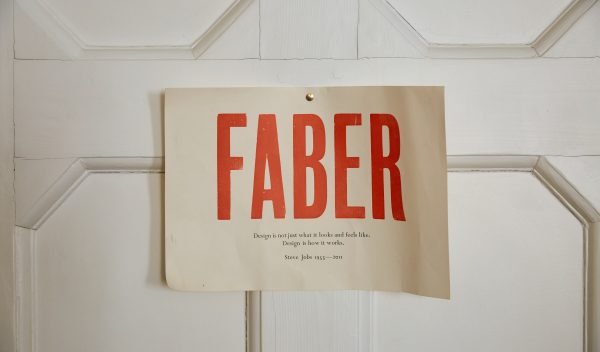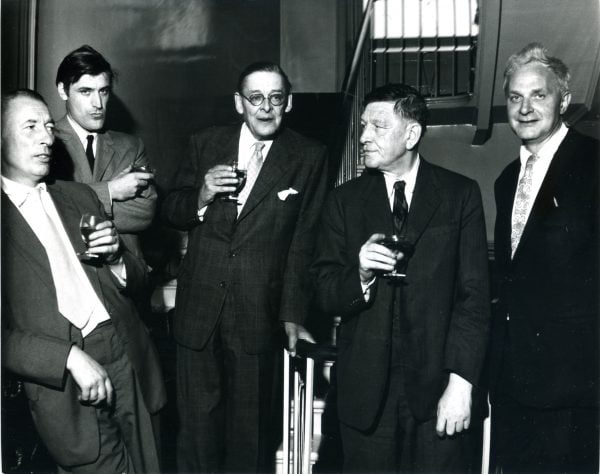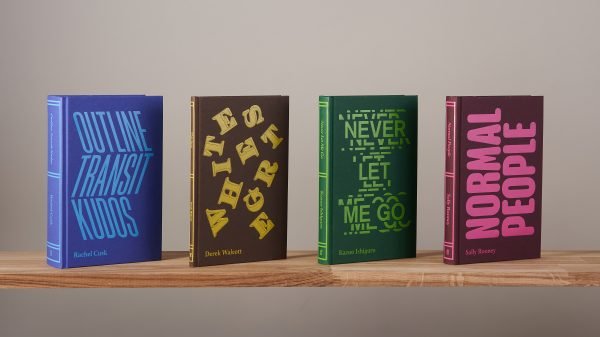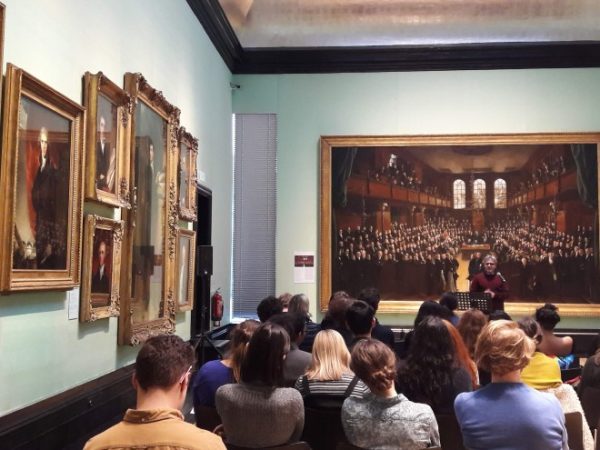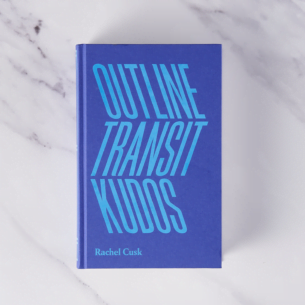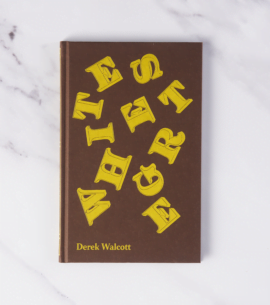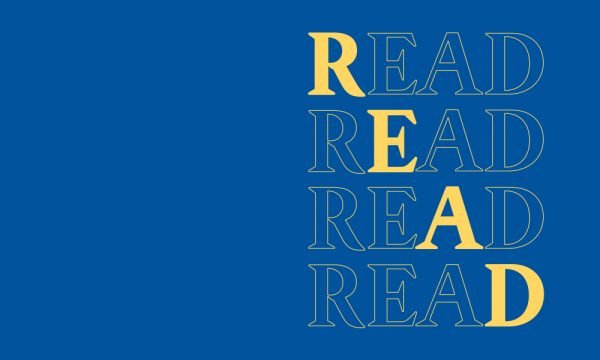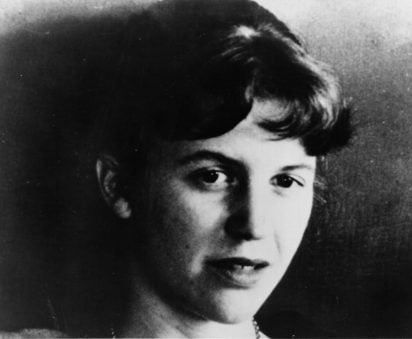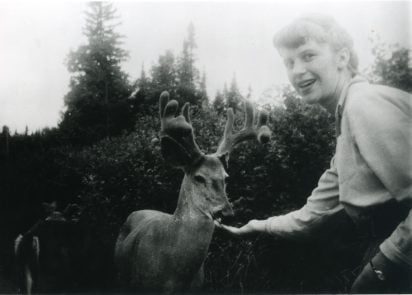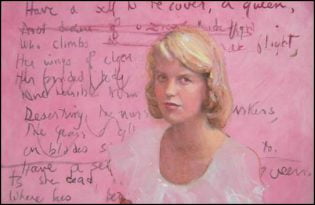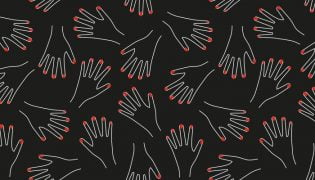Sylvia Plath (1932–63) was born in Boston, Massachusetts, and studied at Smith College. In 1955 she went to Cambridge University on a Fulbright scholarship, where she met and later married Ted Hughes. She published one collection of poems in her lifetime, The Colossus (1960), and a novel, The Bell Jar (1963). Her Collected Poems, which contains her poetry written from 1956 until her death, was published in 1981 and was awarded the Pulitzer Prize for poetry.
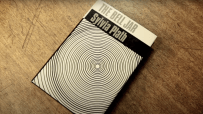
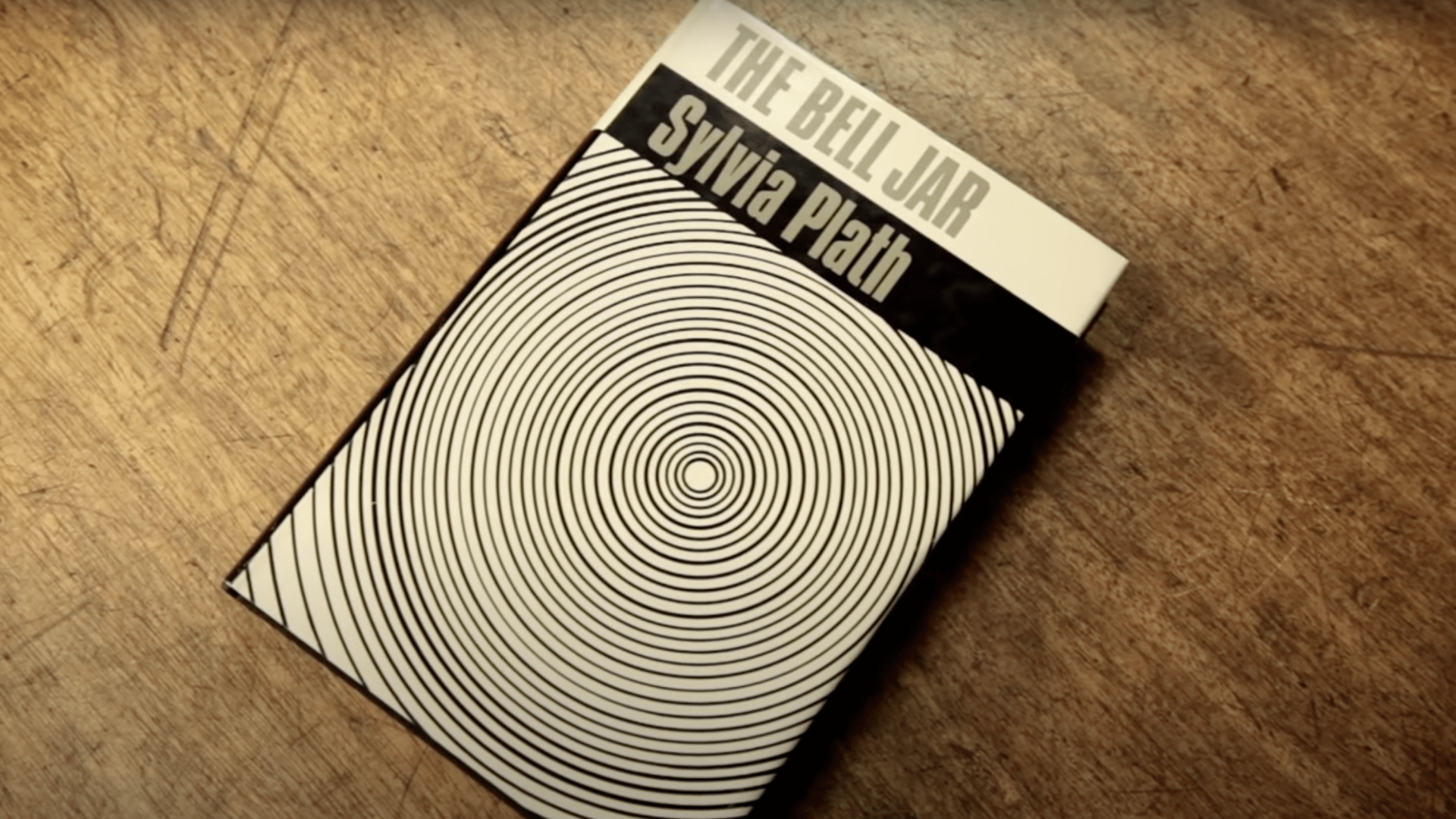
‘One of the most powerful and lavishly gifted poets of our time.’
Where can I learn more about Sylvia Plath?
In 1961 Sylvia Plath and Ted Hughes gave a rare interview for the BBC on literature and love. Watch here.
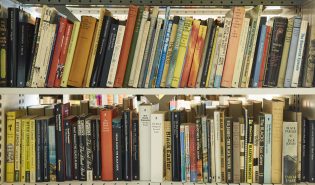
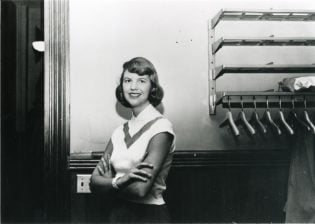
Faber will publish ‘Mary Ventura and the Ninth Kingdom’, a previously unpublished story by Sylvia Plath, as part of the landmark Faber Stories series to celebrate the company’s 90th anniversary. ‘Mary Ventura and the Ninth Kingdom’ was written by Plath as an assignment in December 1952, when she was a third-year student at Smith College. […]
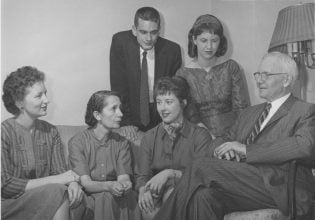
The conclusion of The Letters of Sylvia Plath project after the better part of a decade is bittersweet. For so long, searching for letters, transcribing, proofing and annotating has been a significant part of my life. Upon the publication of the first volume of Plath’s letters last year, I wrote a short blog piece on […]
To mark the publication of this previously unseen curation of Sylvia Plath’s Letters, leading Plath scholar Peter K. Steinberg reflects on the process of bringing Plath to life through her correspondence. We have ‘come asking for [her] letters’ When Karen V. Kukil asked me to be the lead transcriber on a book of Sylvia Plath’s letters […]
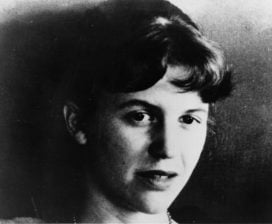
In the pale prologue of daybreak tongues of intrigue cease to speak. Moonshine splinters as birds hush; transfixed the antlers in the bush. With fur and feather, buck and cock softly author icebound book. No chinese painter’s brown and buff could quill a quainter calligraph. On stilted legs the bluejays go their minor leagues a- […]

You can unsubscribe by clicking on the unsubscribe link at the end of any email you receive from us. You can cancel your membership by emailing members@faber.co.uk. For more on how we use your personal data, please see our Privacy Policy.
Thank you for signing up to Faber Members. You will receive a welcome email shortly.
Lorem ipsum dolor, sit amet consectetur adipisicing elit. Harum quia soluta eius! Cumque magni quod amet commodi eos. Eum, et!
